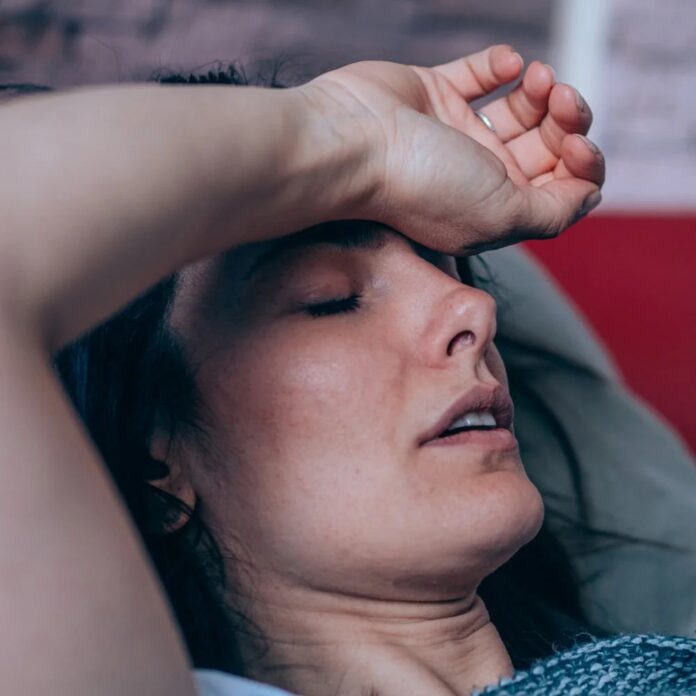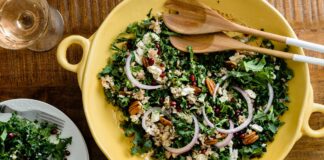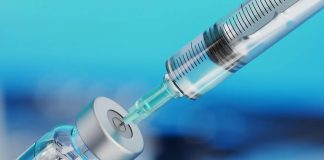Panic attacks are intense experiences that trigger a cascade of physical symptoms – racing heart, shortness of breath, trembling – as your body reacts as if facing imminent danger. While the feeling of immediate threat usually subsides within minutes, many individuals report lingering exhaustion, brain fog, and a general sense of depletion for hours or even days afterward, commonly referred to as a “panic attack hangover.” This isn’t simply stress-related fatigue; it reflects your body’s complex physiological recovery process.
Why You Feel Drained After a Panic Attack
Imagine running a marathon: your energy expenditure is enormous, leaving you depleted afterwards. A panic attack acts similarly, even if there wasn’t an actual physical exertion involved. Your nervous system floods with adrenaline and other stress hormones, prompting rapid heart rate, shallow breathing, muscle tension, and heightened mental alertness. This surge mobilizes your body for fight-or-flight response – a critical survival mechanism designed to help you escape danger in perilous situations.
However, when triggered by an imagined threat (like social anxiety or a stressful thought), this intense reaction isn’t necessary. Your body still goes through the motions, burning through energy reserves without an outlet for release. Once the panic subsides, your system shifts into recovery mode – leading to that familiar crash of fatigue and mental fogginess.
Adding to this physical drain is the emotional toll of a panic attack. Fear, vulnerability, or the worry about future occurrences can keep your brain buzzing even as your body attempts to rest. This combined strain creates the disconcerting “hangover” sensation experienced by many.
12 Ways to Cope with Panic Attack Hangovers
Feeling exhausted and mentally drained after a panic attack is completely normal. But there are ways to ease this recovery process and help yourself feel better faster:
-
Pause and Breathe: Give your body time to recover, even for just 10 minutes. Lie down or sit comfortably, close your eyes, and focus on slow, gentle breaths for a couple of minutes.
-
Hydrate and Nourish: Drink water or an electrolyte beverage to replenish fluids lost during the episode. A light, easy-to-digest snack can stabilize blood sugar levels and provide energy.
-
Gentle Movement: Tension often builds in muscles during panic attacks. Try simple stretches, shoulder rolls, neck circles, or a short walk to release this tension and promote circulation.
-
Temperature Shift: Splashing cool water on your face or holding an ice pack can help ground you and interrupt lingering jitters.
-
Simplify Your Day: Reduce decision-making as much as possible. Stick to essentials, postpone non-urgent tasks, and aim for “good enough” rather than perfect.
-
Create Calm: Dim the lights, turn off loud noises, and minimize screen time. Consider using aromatherapy with calming scents like lavender or chamomile.
-
Journal Your Experience: Take a few minutes to reflect on your feelings, symptoms, what helped you calm down, and potential triggers. This process can aid in processing emotions and identifying coping strategies.
-
Reach Out: Even a simple text message to a trusted friend or family member can provide comfort and support. Social connection helps buffer stress and promotes healing.
-
Minimize Caffeine and Alcohol: Your system is already sensitive after a panic attack; avoid caffeine spikes and alcohol, which can disrupt sleep and worsen anxiety.
-
Prioritize Sleep: Aim for a consistent bedtime routine and create a relaxing sleep environment. If needed, take a short (20-30 minute) nap to combat fatigue but avoid late evening naps that might interfere with nighttime sleep.
-
Develop an “If It Happens Again” Plan: Have a go-to list of calming techniques readily accessible on your phone or in your wallet. Examples include taking deep breaths, humming, splashing cold water on your face, or contacting a support person.
-
Seek Professional Guidance: If panic attacks are frequent or leave you feeling significantly drained for extended periods, consider seeking help from a therapist or counselor specializing in anxiety disorders. They can provide personalized coping strategies and treatment options tailored to your needs.
Remember, experiencing a “panic attack hangover” is not a sign of weakness; it’s a natural consequence of your body working hard to recover from an intense stress response. By understanding the underlying reasons behind these after-effects and implementing these recovery techniques, you can lessen their impact and navigate those post-panic feelings with greater ease























